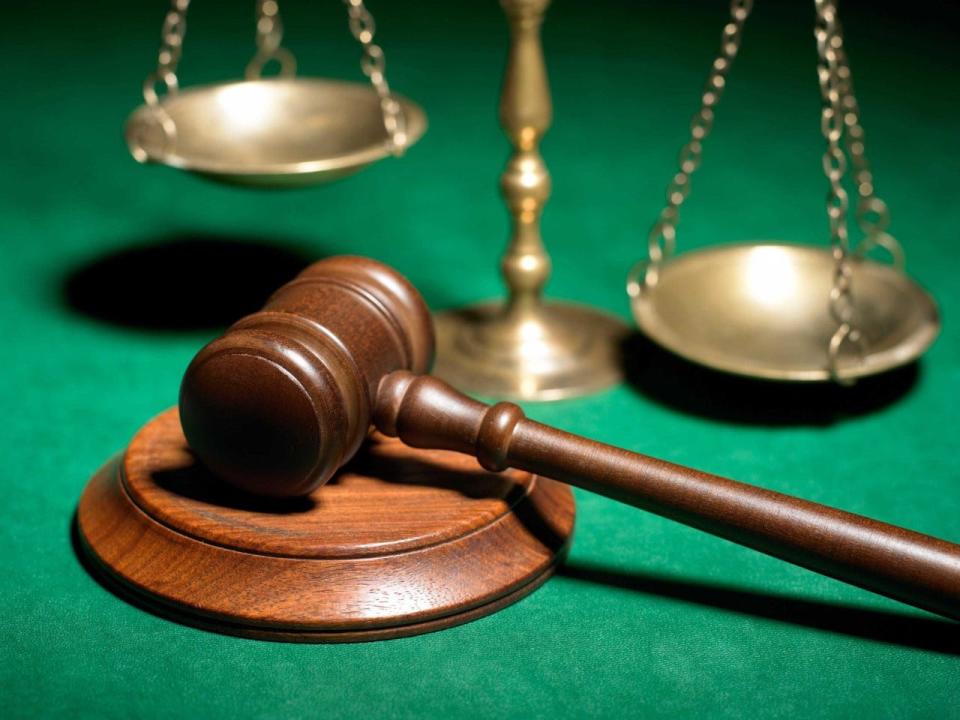Michael Oher latest to raise conservatorship claims. How does New Jersey law compare?
- Oops!Something went wrong.Please try again later.
Football star and inspiration behind "The Blind Side," Michael Oher is the latest face making headlines for issues with a conservatorship.
In a 14-page petition filed in Shelby County, Tennessee, Oher claims that the Tuohys didn't actually adopt him, despite the story that inspired the 2009 hit film. Rather, he alleges they had him sign into a conservatorship.
Britney Spears' conservatorship hearing took over the nation's newsstands two years ago as well with fans and those concerned for Spears' wellbeing coining the phrase "free Britney."
So, with all of these cases — what are conservatorships, and what do they entail?
What is a conservatorship?
In short, conservatorship rules will differ state-by-state.
By most definitions, a conservatorship grants access and control to an individual's estate and finances, and this option can be chosen due to financial or health-related circumstances.
Conservatorships are court-appointed, and require you to go through probate court.

Conservatorships in New Jersey
In New Jersey, a conservatorship is a voluntary action that allows a third-party conservator to manage the conservatee's property, assets and financial affairs.
A conservatorship isn't to be confused with a guardianship in the state, which is appointed in the case of mental incapacity. Other states, however, may use different terminology.
More: Michael Oher, Britney Spears put conservatorships in spotlight. How they work in Delaware
Who can propose a conservatorship in New Jersey
In New Jersey, a civil action for a conservator may be brought by the conservatee (person in the conservatorship) or on their behalf by the conservatee's spouse or adult children, anyone with personal or financial concern for the conservatee, a public agency or social service official of the state or county of residence, the chief administrator of a state-licensed hospital, school or institution in which the conservatee is a patient, or the chief administrator of a non-profit charitable institution in which the conservatee is a petient or receives services.

Notice of the proposed conservatorship also has to be served to the conservatee, their spouse and adult children, the person they reside with and, if applicable, the chief administrator of the institution in which they reside.
Regardless, in New Jersey, if the proposed conservatee rejects the conservatorship, it won't be appointed.
New Jersey Senate Bill 1301 was introduced February 2022 to revise and update conservatorship laws to encourage ethical conduct. The bill would remove the "catch-all" provision previously in place for anyone to propose a conservatorship, among other changes.
This article originally appeared on Cherry Hill Courier-Post: What is a conservatorship and how do they work in New Jersey?

